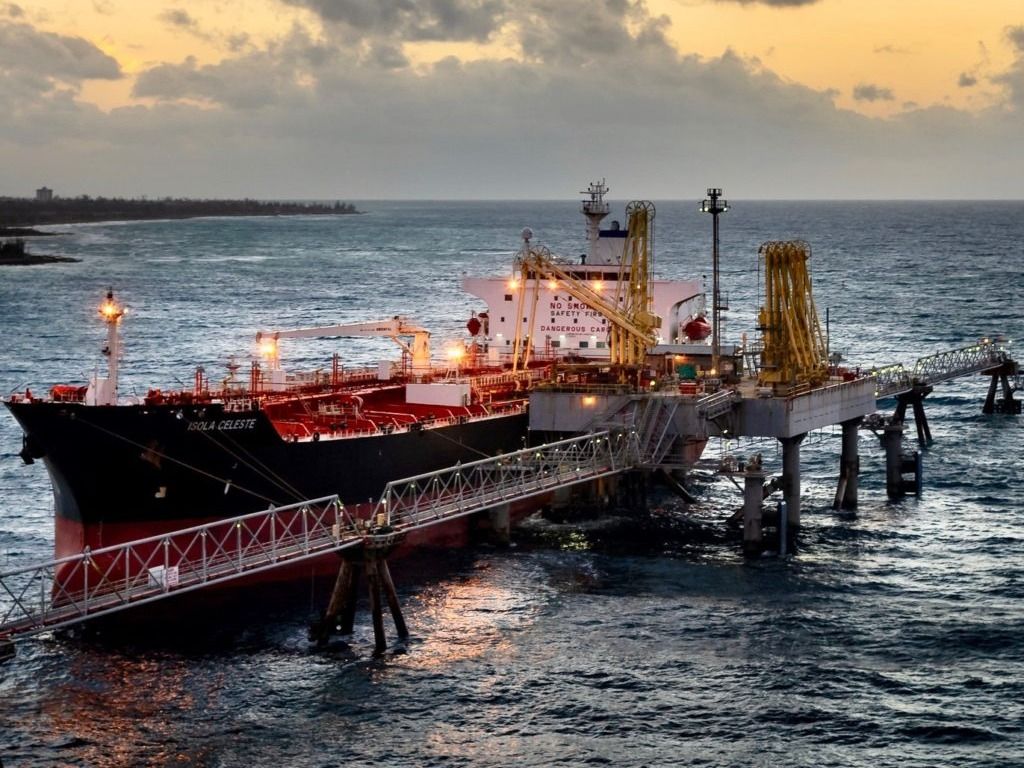LONDON (AN) — An international trade association proposed creating a non-governmental organization that would oversee a $5 billion research fund to help eliminate carbon emissions from global shipping.
The London-based International Chamber of Shipping announced on Wednesday the fund would pave the way for the decarbonization of shipping through new technologies, zero-carbon fuels and other energy efficiency measures, including speed reduction. Global shipping contributes about 2% of global greenhouse gases.







